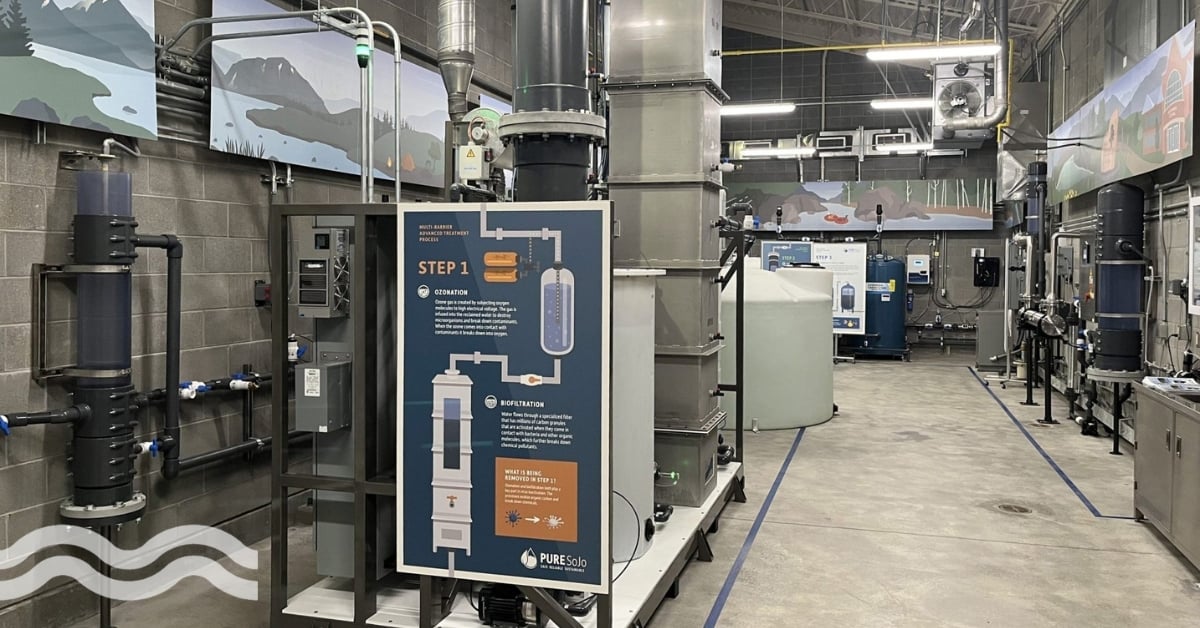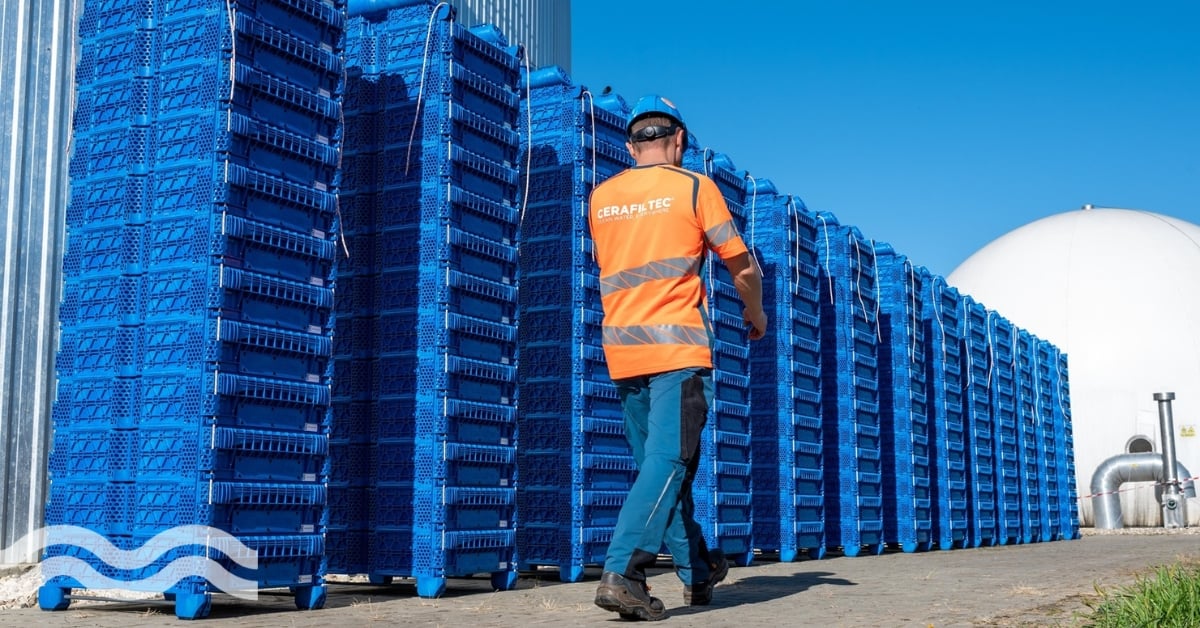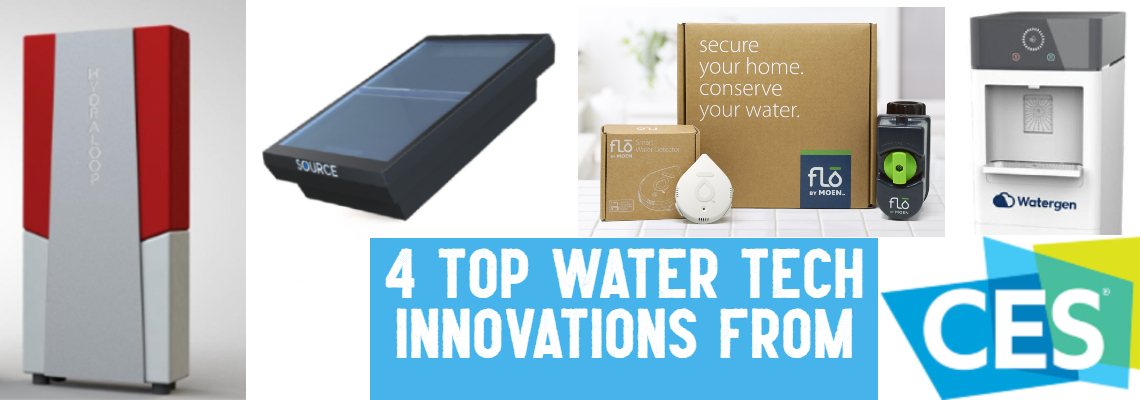
Decentralised water solutions grab attention at CES
From a Sony electric concept car, a “rollable” OLED television from LG or Avatar-inspired, sideways moving Mercedes car, multiple technology launches headlined the recent Consumer Electronics Show (CES) 2020.
The annual event in Las Vegas is a technology mecca for techies, enthusiasts as well as anyone wanting to find out about the next big technology breakthroughs.
CES 2020 was the first edition in its 50+ year history where sustainability products, including water, were included in the major event awards.
This is a solid reflection that environmental issues, including water, are slowly but surely making their way into the public consciousness.
We take a look at four of the up and coming water technologies presented at the show.
Smart water for a smart home
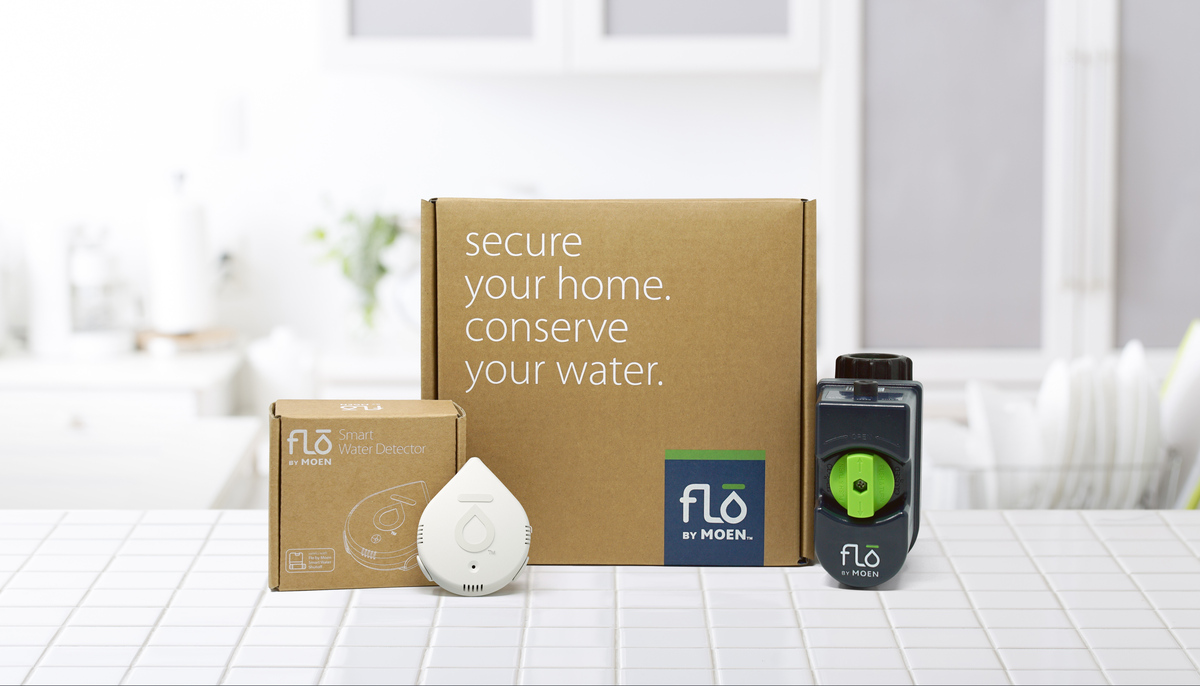
Attention on the rise of the smart home was boosted at the end of December after Amazon, Google and Apple announced they could collaborate on a new smart-home standard.
As a result, there were a higher number of smart gadgets and devices at this year’s CES, offering to connect almost every part of the house.
One such announcement was a smart water detector, called Flo, by the home water security company, Moen. This is a follow up to the ‘Smart Water Shutoff’ product, which detects leaks on household pipes, alert users and even shut off the supply.
The new Flo is a standalone sensor that can be placed anywhere in the house to detect water events “outside of the pipes”. It detects if there is an increase in moisture from the air – whether a flooded basement or malfunctioning household appliance – and alerts users through an app.
When paired with the shutoff product, it can shut off the water supply if it detects additional moisture in the air.
Moen said that 73 per cent of surveyed households have no idea how much water they use on a daily basis.
Closing the [Hydra]loop on decentralised reuse
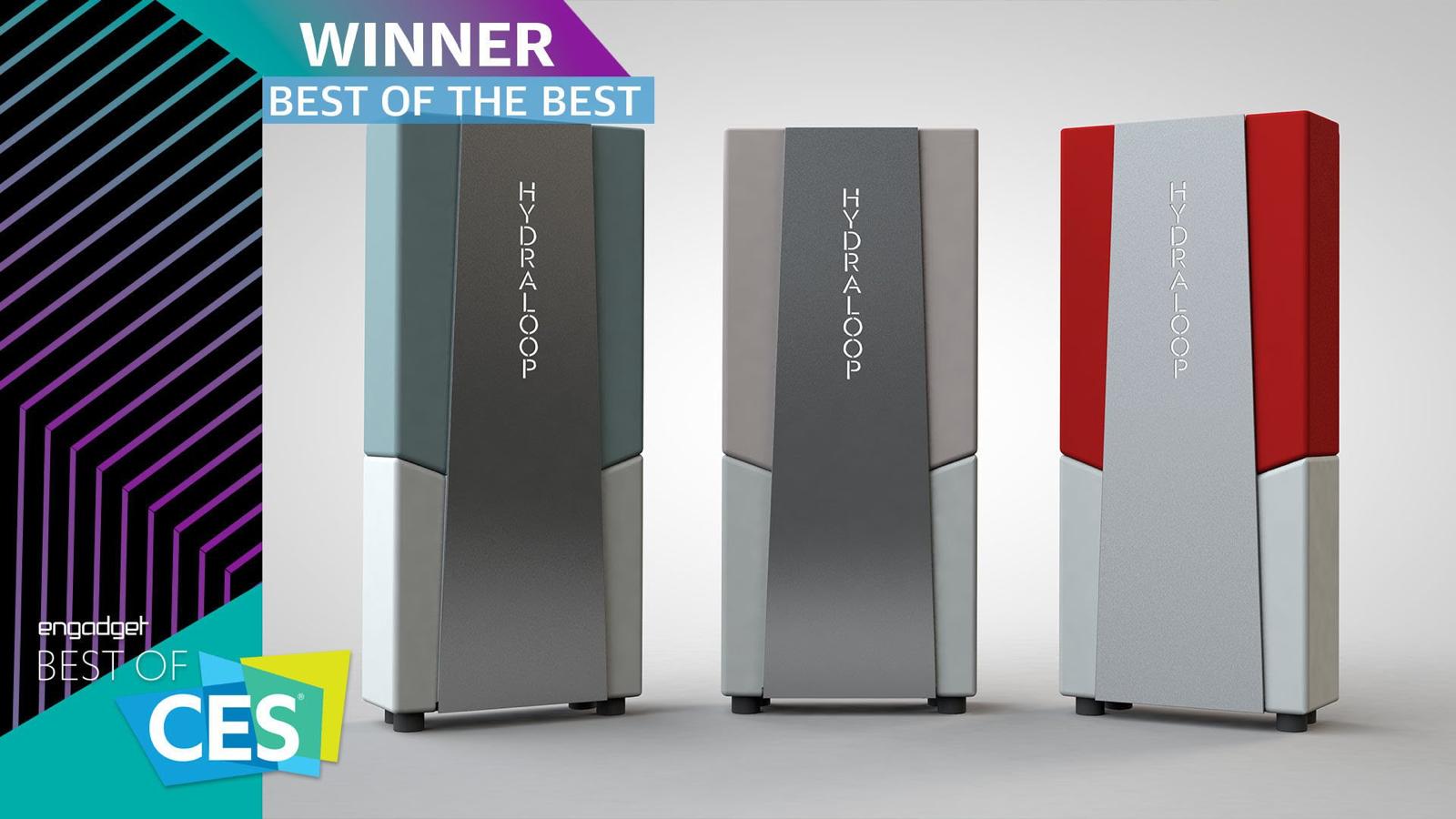
Dutch innovation decentralised water reuse solution, Hydraloop, scooped three awards while at CES: Best of Innovation in Sustainability, Best Start-Up and Best of the Best at CES 2020 in Las Vegas.
With a modern, sleek design, the Hydraloop takes outgoing wastewater and uses six widely-accepted treatment methods to sterilize the water, which can then be reused around the house, from garden irrigation to washing machines and toilets.
Designed to help users recycle 85 per cent of their daily household water use, the Hydraloop is headquartered at the water technology centre the Water Campus in Leeuwarden, the Netherlands.
Chris Velazco, the senior mobile editor from Engadget, said: “The Hydraloop isn’t just a charming bit of modern home decor — it’s also a highly sophisticated water purification system.”
Associate Features Editor Chris Ip added: “While not cheap at $4,000, the unit has the advantage of being a “set and forget” device. Sustainable practices will really take hold in people’s daily lives when they’re frictionless, and that’s what Hydraloop aims for.”
Forget solar panels, it’s all about the Hydropanel
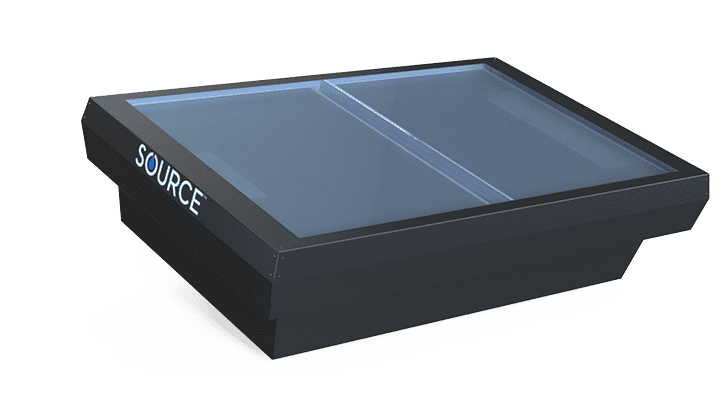
The atmospheric water generation (AWG) market has been touted as a solid method to quite literally, generate water from thin air.
At this year’s CES, two AWG solutions stood out.
The first was the Rexi Source hydropanel from a firm called Zero Mass Water. Imagine a solar panel, but instead of capturing the sunlight to generate energy, instead, this harnesses water from the air and filters it ready for drinking.
The company launched a commercial version two years ago and has since been producing clean water for businesses and schools across the world.
CES saw the launch of the residential version, now available to the general public to buy.
So how does it work? Moisture from the air is absorbed into a hygroscopic material to be filtered. Minerals such as calcium and magnesium are added before the clean water is pumped directly to the house.
Forbes reported that “maintenance is minimal” – an air filter needs replacing once a year, and the mineral cartridge every five years, at the cost of US$100.
Solar-powered and equipped with sensors, as well as a cellular connection, owners can check the status of Rexi anytime through an app.
Only producing approx. one gallon per day, and less in arid climates, the Rexi isn’t designed to completely replace all freshwater supply but instead offers a way to "take control of the water you drink while making it risk-free".
GENNY from the decentralised block
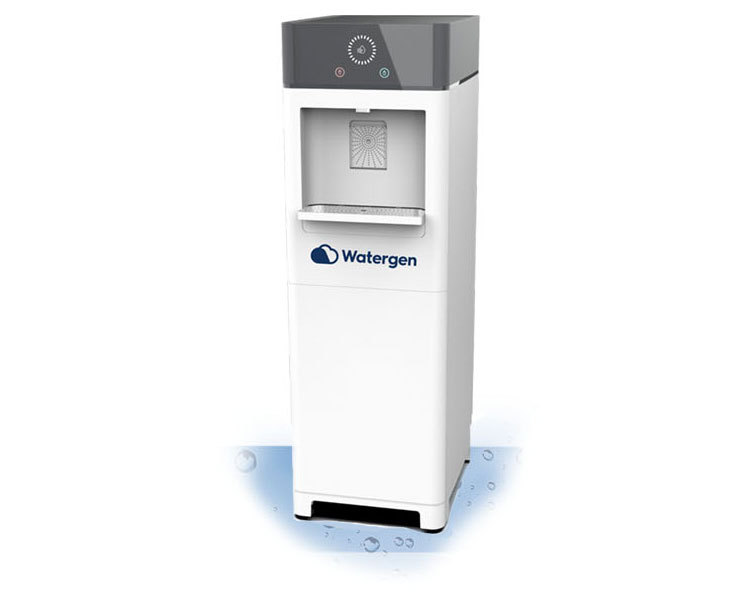
The second of the AWG solutions to feature in this list is the Solar GENNY, presented by the Israeli technology company, Watergen.
With the ability to run off-grid, solar panels power the device to produce water for remote sites, rural villages, parks and green residential premises.
The Solar GENNY can generate up to 13 litres per day (3.5 gallons). After the air is drawn in, an internal filter cleans the air by removing dust and dirt. After being cleaned, the air is directed through a heat exchange and cooling process, before being condensed into water. A final filtration step then removes impurities, before minerals are added to provide drinking-quality water.
At CES the technology was named the Consumer Technology Association’s Energy Efficiency Product of the Year in the 2020 Smart Home Mark of Excellence Awards.
